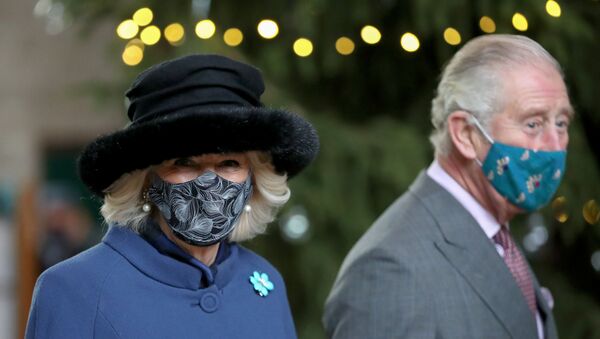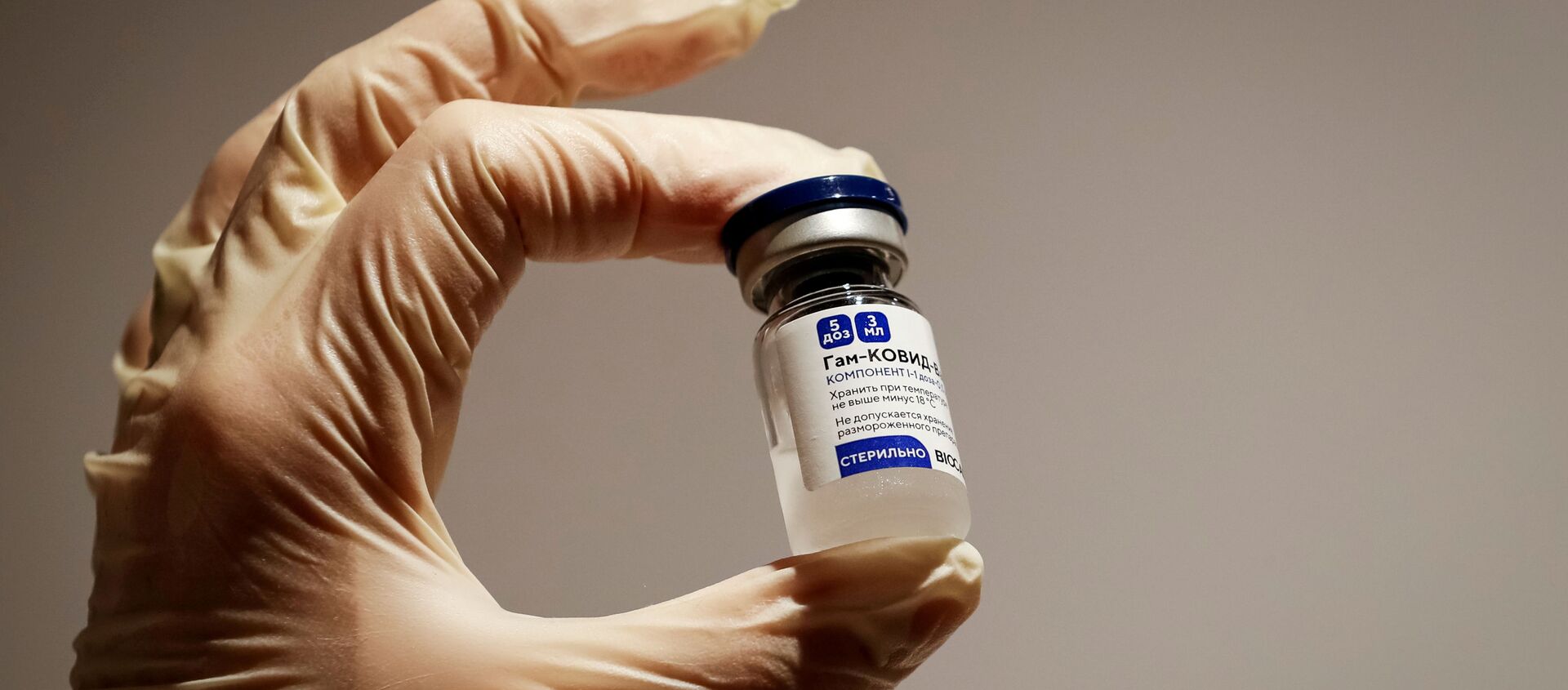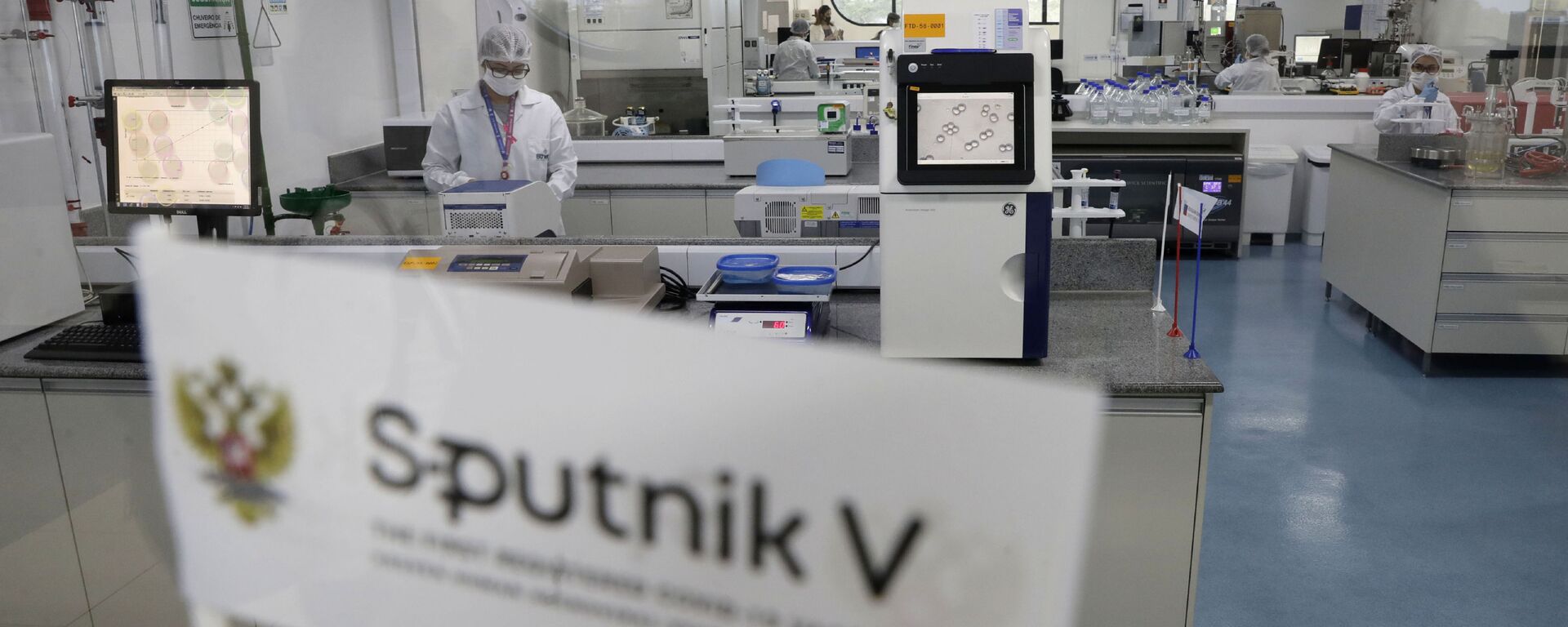The Czech Republic will not administer Russia's Sputnik V vaccine until it is approved by the European Medicines Agency (EMA), but may start building up stocks in advance, Czech Prime Minister Andrej Babis said on Wednesday.
Earlier in February, Czech media reported that experts of the Czech Health Ministry were studying the legal aspects of a possible direct purchase of the Russian vaccine bypassing the EU regulatory authorities. The Ministry's employees were reportedly instructed to find out what legal opportunities exist for the Sputnik V vaccine to be approved in the republic without the corresponding approval of EMA.
Babis' remarks came ahead of his departure to Belgrade, where he intends to get acquainted with the Serbian experience in the procurement and use of vaccines produced outside the EU, primarily Sputnik V. Last week, Babis visited Budapest to study Hungary’s experience in the use of the Russian-made coronavirus vaccine. He, in particular, discussed this issue with his Hungarian counterpart, Viktor Orban, and local doctors.
"We do not plan to start using a vaccine that is not approved by EMA. But if we managed to get a certain amount [of Sputnik V], a certain promise, and if our state institute for drug control would approve the relevant documentation so that we needed only the EMA approval, we could get a certain advantage in time," Babis told reporters.
Babis has previously repeatedly expressed dissatisfaction with the sharp slowdown in shipments of Pfizer/BioNTech and Moderna vaccines, which hinders the nation's immunization of priority groups, like frontline medical staff and people aged over 80. At the same time, he highly assessed the Russian vaccine.
The Czech Republic launched a vaccination campaign on December 27 along with the entire bloc. As of Tuesday, 365,000 residents have been vaccinated, including 105,000 residents who received a second shot.
The Russian Direct Investment Fund told Sputnik on Tuesday that it had an official confirmation that EMA accepted all paperwork for registration of Russia's Sputnik V vaccine in the EU market.






